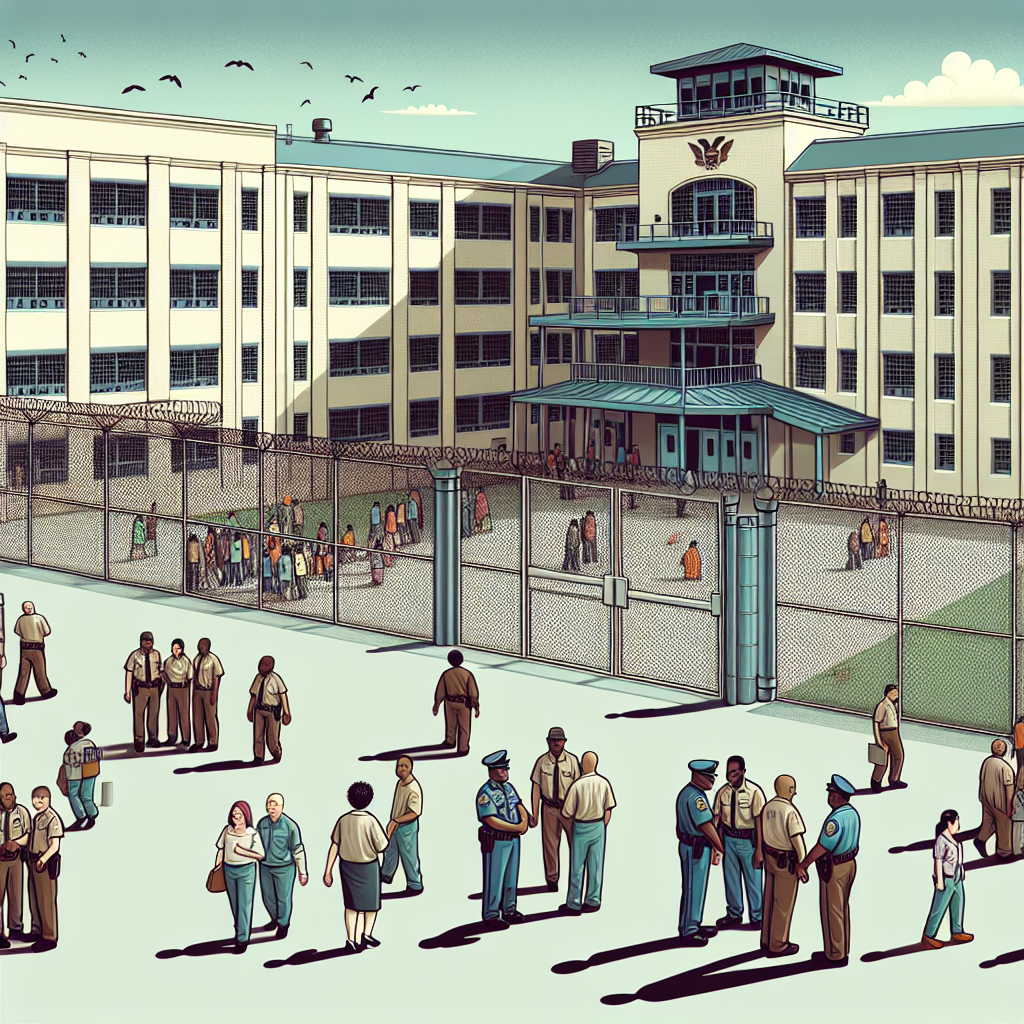UN Experts Condemn Egypt’s Detention of Cartoonist Ashraf Omar Under Terror Laws
The UN experts have declared his detention arbitrary and unlawful, stressing that Egypt is breaching its obligations under international human rights law.

A group of United Nations human rights experts has sounded the alarm over the ongoing detention of Egyptian political cartoonist Ashraf Omar, warning that his case reflects a disturbing trend in Egypt’s use of counter-terrorism laws to silence dissent and restrict freedom of expression.
Omar, who was arrested on 22 July 2024, remains in pre-trial detention on charges of joining a terrorist group, spreading false news, abusing social media, and disseminating rumours. The UN experts have declared his detention arbitrary and unlawful, stressing that Egypt is breaching its obligations under international human rights law.
Criminalising Art as Political Dissent
According to reports, Omar was interrogated not over violent acts but for his satirical cartoons critical of Egyptian authorities. During questioning, he was pressed on his motivations as an artist, and yet neither he nor his lawyer were presented with credible evidence of the alleged videos or online content said to justify the charges.
UN experts said the case epitomises a “deeply worrying practice” in Egypt—criminalising political expression in the form of art under the guise of national security.
“Cartoonists, writers and journalists must be free to express critical views without fear of arrest or prosecution. Artistic expression is a cornerstone of cultural rights and an integral aspect of freedom of expression,” the experts stressed. “Silencing it undermines both individual freedoms and the cultural life of society as a whole.”
Violations of International Human Rights Law
The experts said Omar’s continued detention violates multiple international rights standards, including:
-
Freedom of opinion and expression, encompassing artistic and satirical works.
-
Cultural rights, protecting society’s access to diverse voices and perspectives.
-
Liberty and security of person, violated by arbitrary detention.
-
Right to a fair trial, undermined by the lack of evidence and due process.
They warned that Omar’s case fits a broader pattern of repression in Egypt, where counter-terrorism and national security laws are misapplied to justify prolonged pre-trial detention and silence critics.
Misuse of Counter-Terrorism Laws
Egypt’s anti-terrorism legislation, already criticised internationally for its vague definitions, has been frequently used to target not only political activists but also journalists, academics, and artists.
“Egypt must bring its counter-terrorism legislation in full compliance with international standards and stop using pre-trial detention as a tool of repression,” the experts said.
International Pressure on Egypt
The UN human rights experts have called on Egyptian authorities to immediately release Ashraf Omar and guarantee him all fair trial rights if any charges are pursued. They confirmed that they are in direct contact with Egyptian officials about the case.
This intervention comes amid mounting international criticism of Egypt’s human rights record, particularly regarding the systematic targeting of critical voices.
A Chilling Effect on Freedom of Expression
The detention of Omar has sent shockwaves through Egypt’s cultural and journalistic circles, with rights groups warning it will have a chilling effect on artistic and political expression.
By conflating satire and dissent with threats to national security, critics argue, the Egyptian government risks isolating its cultural community and stifling civil society.
The UN experts concluded: “The detention of Ashraf Omar is arbitrary and unlawful. Egypt must ensure compliance with international human rights obligations and protect freedom of expression, including artistic expression, instead of punishing it.”










